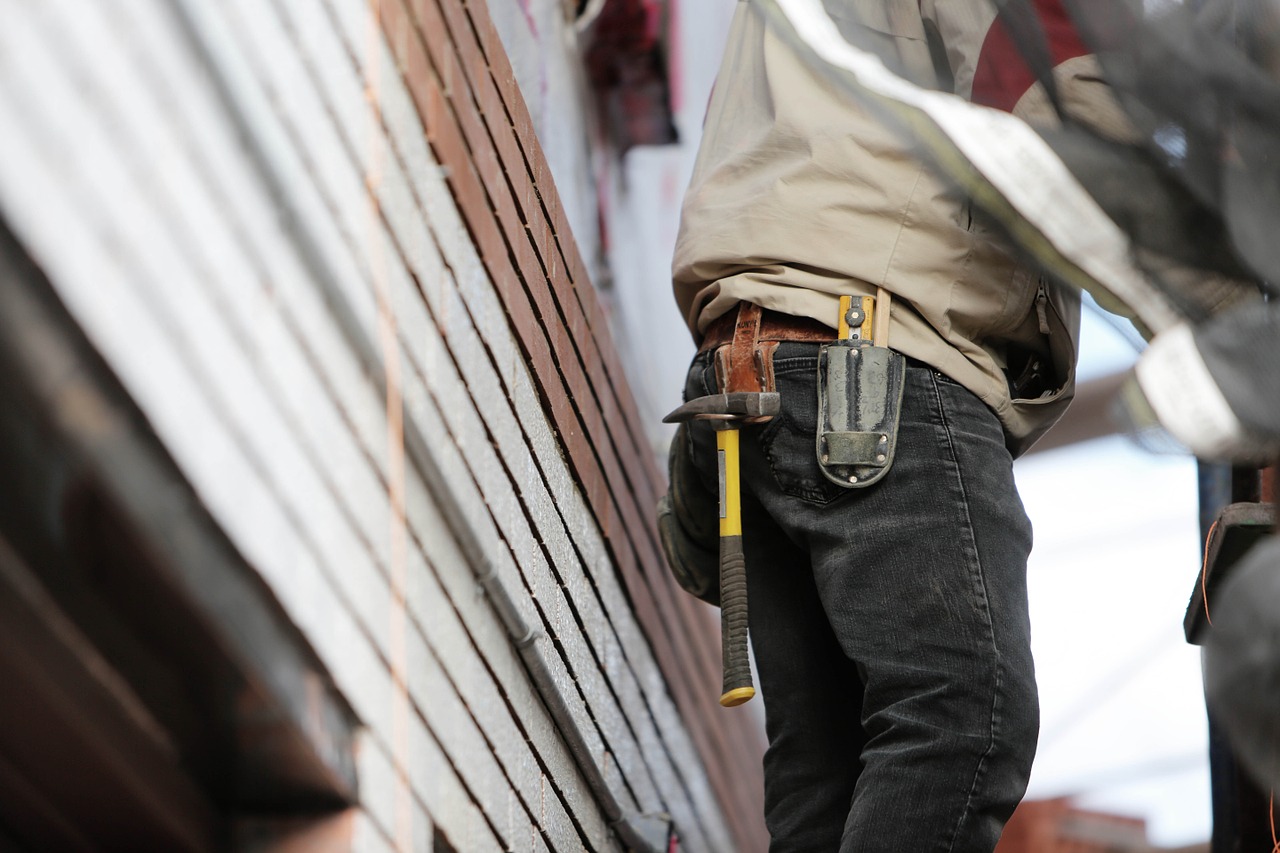Repair and maintenance work helps boost SME workloads

An upward trend in the repair, maintenance, and improvement (RMI) building work has continued into the second quarter of this year, SME builders have revealed.
Results of the latest State of Trade Survey from the Federation of Master Builders (FMB) found an increase in total workload and enquires, primarily driven by a continued strong rebound in the RMI sector.
Overall, 40% of members reported an increase in workload, with only 18% reporting a reduction compared to last quarter. House building workloads and enquiries continue to struggle with more members reporting a decrease than increase.
In terms of skills, while the difficulty in recruitment is easing, 38% of members are struggling to hire carpenters with 29% struggling to hire bricklayers. A quarter of members can’t get hold of general labourers.
Over half of all members reported that jobs are delayed because they are struggling to hire skilled workers, while 19% report that they are restricting hiring new staff as a consequence of increased outgoings.
Around 79% of members reported that material costs increased in Q2 2023 with 72% expecting this to continue into the next quarter. The impact of increased outgoings has led to 69% of members increasing the prices they charge, with just under half reporting that the business is on track to make a loss.
Brian Berry, chief executive of the FMB, said: “While there are plenty of positives to take from this quarter’s State of Trade Survey, there are still worrying signs for house builders. Workloads are up, driven by a strong repair, maintenance and improvement sector and encouragingly we’re also seeing pressure on obtaining skilled labour easing.
“House building has been hit badly, despite a slight increase on last quarter more members are reporting less work than they are more, and enquiries continue to look bleak. The fall in house building is worrying because housing supply is a key component of a growing the economy and unlocking a mobile workforce. The government needs to step up its efforts if its own ambition to build 300,000 each year is to be met because the figure is expected to be less than half than that this year.”
Mr Berry added: “The survey also points towards other areas of concern, with just under half of FMB members saying they expect profits to be lower than expected and around one in five saying they are restricting hiring new staff. With inflation dipping marginally, we’ll need to see over the coming months if this has any positive effects on bottom lines.”



















